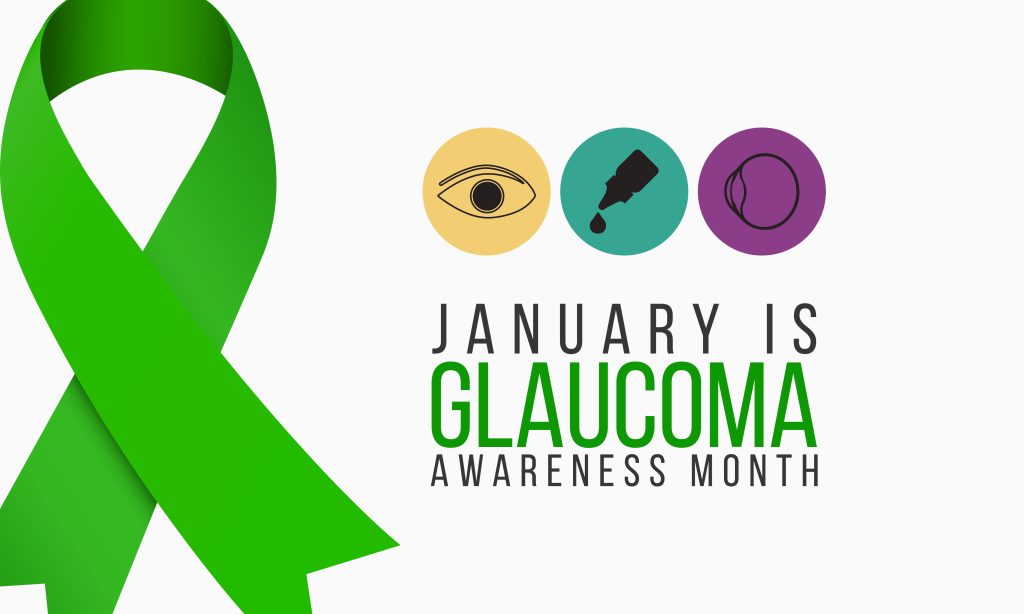
January is Glaucoma Awareness Month. Here, the eye care specialists at Berks Eye share information about this vision-stealing disease.
Continue reading “January Is Glaucoma Awareness Month: Learn More About This Vision-Stealing Disease”
January is Glaucoma Awareness Month. Here, the eye care specialists at Berks Eye share information about this vision-stealing disease.
Continue reading “January Is Glaucoma Awareness Month: Learn More About This Vision-Stealing Disease”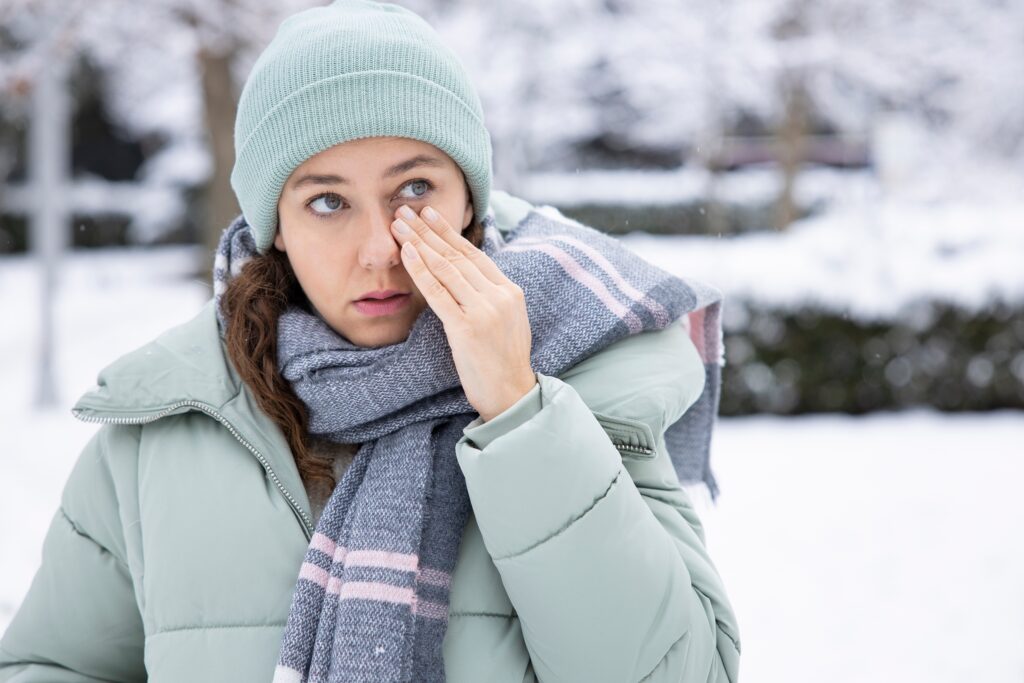
Winter brings cold, snow and for many people, dry eye. Due to changes in indoor and outdoor moisture levels, it’s the time of year that dry eye is most common. The good news is that it is often preventable or relieved easily. The dedicated eye care specialists at Reading’s Berks Eye Physicians and Surgeons offer tips on relieving winter dry eye.
Continue reading “What Causes Winter Dry Eye and How To Relieve It”
More than half of Americans have developed cataracts by the time they reach their late 70s. Although cataracts cannot be prevented, they can be treated easily and successfully with cataract surgery. In this blog, the ophthalmology team at Berks Eye describes the negative effects that you may notice from cataracts and explains why cataract surgery is so beneficial.
Continue reading “How Cataracts Affect Quality of Life”
When you go shopping for sunglasses, you face endless choices. While decisions like which brand, style, color and shape come down to a matter of personal taste, the eye doctors at Berks Eye in Reading, PA can help make the choice easier in at least one respect: you should always look for great lenses. In this blog, our team of experts explains why choosing high-quality lenses is an important part of protecting the long-term health of your eyes and vision.
Continue reading “The Cost of Wearing Cheap Sunglasses”
How much time do you spend on your computer? What about your other digital devices like your phone and tablet? You probably spend a lot of your time on these devices, especially if computers and digital devices are required for your job. If you use these devices for prolonged periods of time, you may notice that you are experiencing some discomfort, including eye strain.
It’s unlikely that you are going to cut back on your use of digital devices. So, what can you do? Here, the eye doctors at Berks Eye discuss digital eye strain and tips to avoid eye strain while you are on your digital devices.
Continue reading “Computers, Digital Devices and Eye Strain”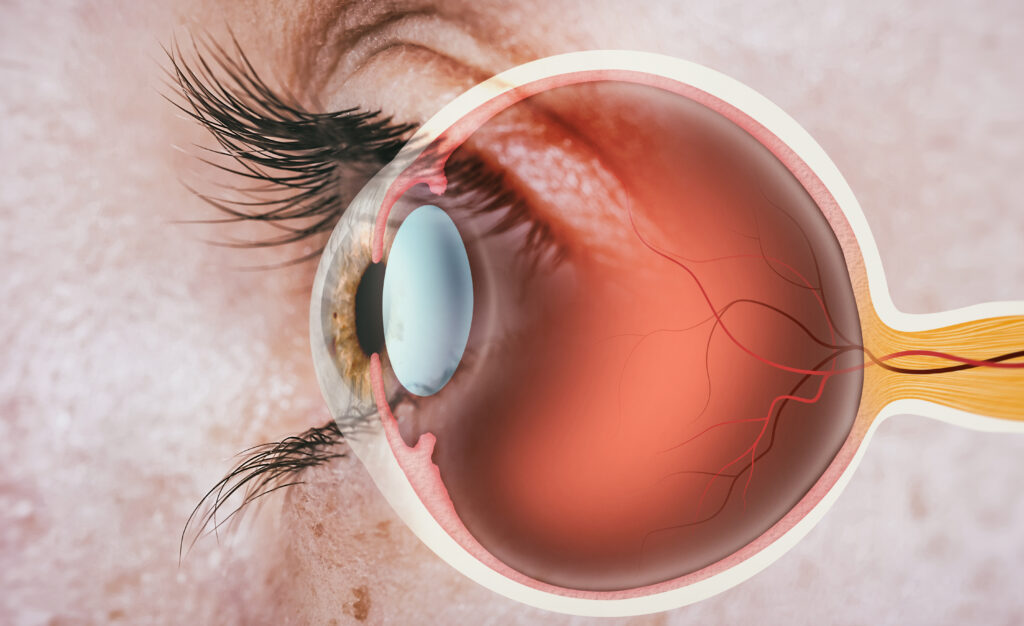
Can you name all the parts of your eye? Even if you can’t name every part, you have probably heard of the retina. The retina is the light-sensitive tissue that lines the back of the eye. It is very important to your vision. This means that any type of damage to or disease of your retina can have severe consequences. Here at Berks Eye, we treat a number of eye conditions that affect your retina.
Continue reading “Eye Conditions That Affect Your Retina”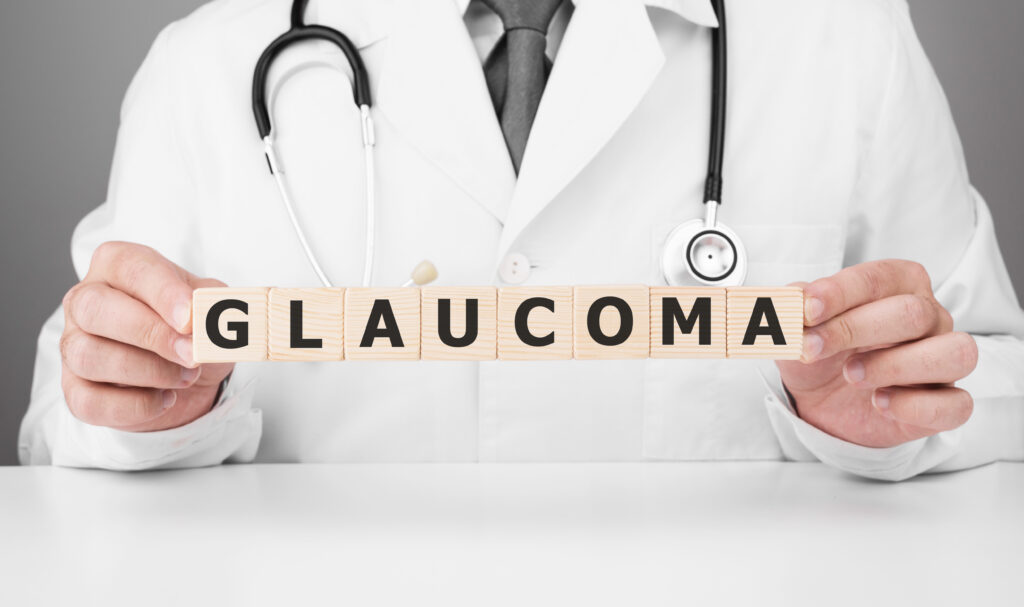
Glaucoma is a progressive eye disease that damages the optic nerve. It can lead to vision loss and blindness. When patients come to Berks Eye, they often have little to no knowledge about glaucoma. Here, the team at Berks Eye shares 5 surprising facts about glaucoma that you need to know.
Continue reading “5 Surprising Facts You Need to Know about Glaucoma”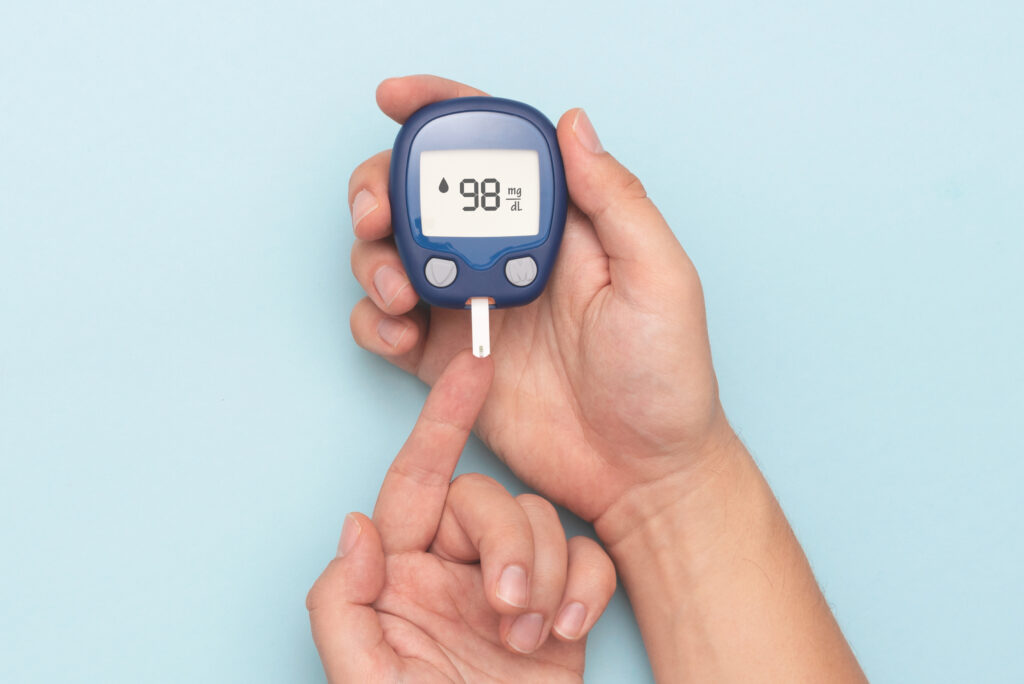
Diabetes is linked to many health problems such as fatigue, heart disease, high blood pressure and nerve damage. With all these concerns, one factor that diabetic patients often overlook is eye health. Unfortunately, diabetics have greater odds of developing multiple debilitating eye conditions that can lead to blindness. To emphasize the need for regular eye examinations, the eye doctors at Berks Eye discuss a few diabetes-related conditions that warrant early treatment.
Continue reading “Why People with Diabetes Should Schedule Regular Eye Exams”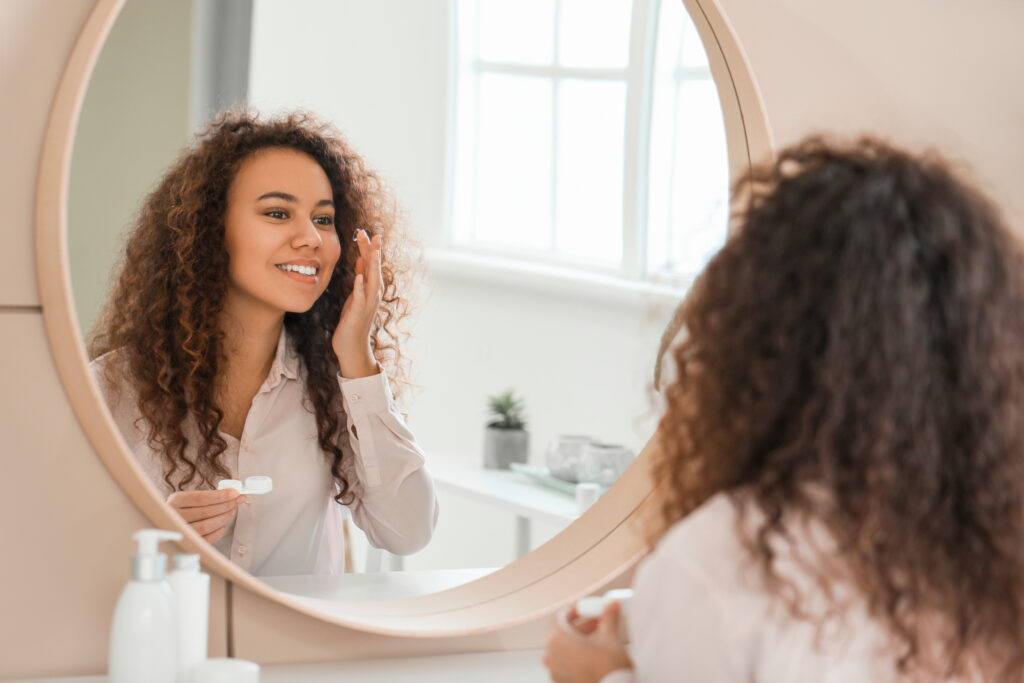
If you wear eyeglasses, at some point in time you have probably stopped to ask yourself, “Should I try contact lenses?” Here at Berks Eye, patients often request a professional opinion on contact lenses. We are happy to have this discussion with them and inform them of their options for vision correction.
In this blog, we discuss some of the most important factors to take into account if you are considering contact lenses.
Continue reading “Are You a Good Candidate for Contact Lenses?”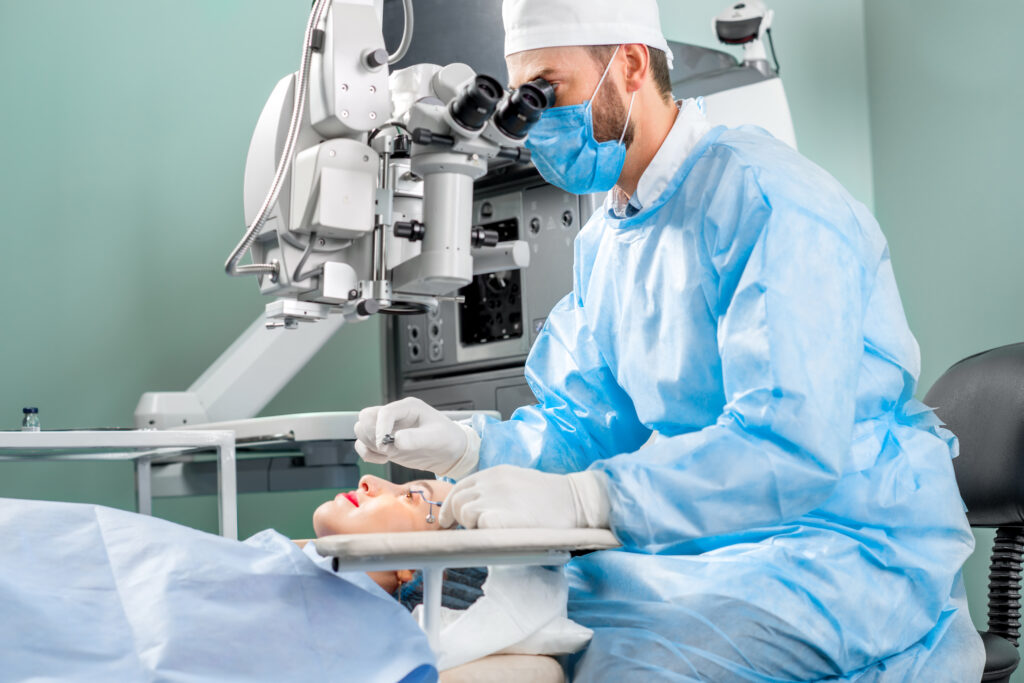
About one in six people over the age of 40 have cataracts, with that figure reaching nearly 50% for patients over 80. Just because it is common does not mean it can be ignored, however. When patients first discover that they have cataracts — either by noticing their vision getting progressively hazier or via a comprehensive eye exam — they often ask the team at Berks Eye when they should seek treatment. Here is what our doctors have to say:
Continue reading “When Should You Plan to Have Cataract Surgery?”